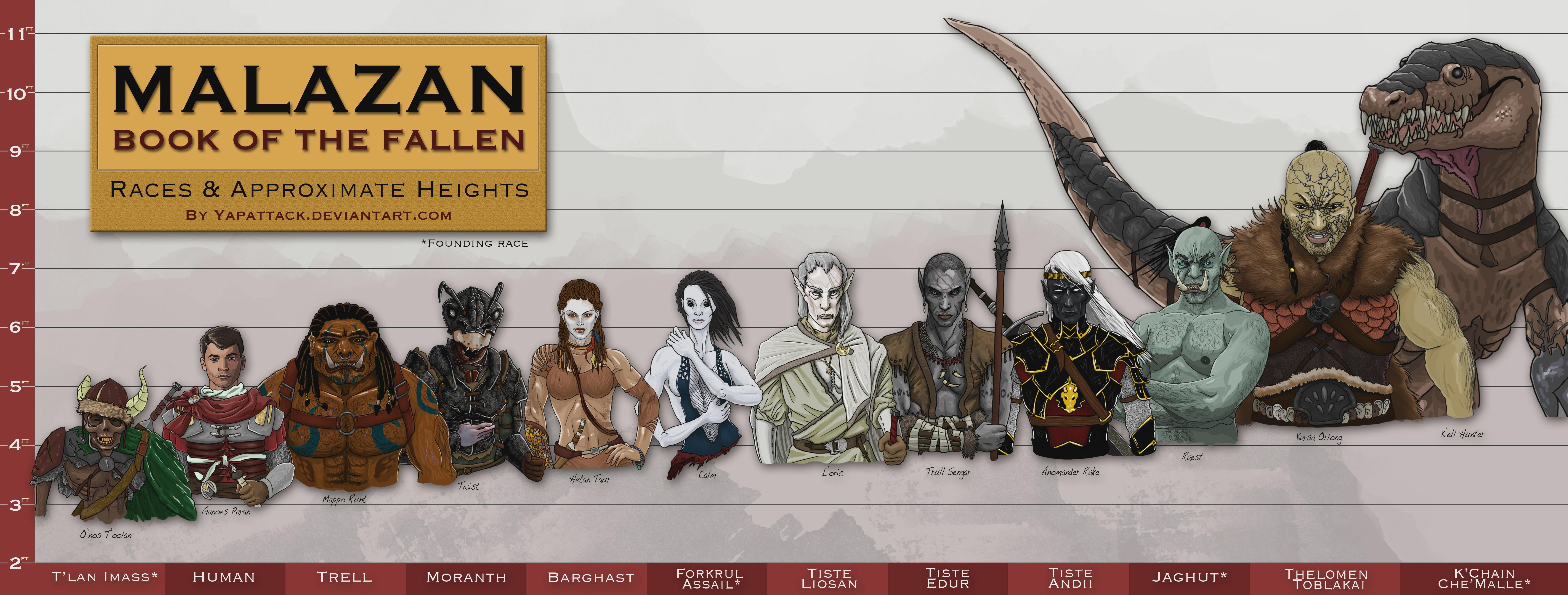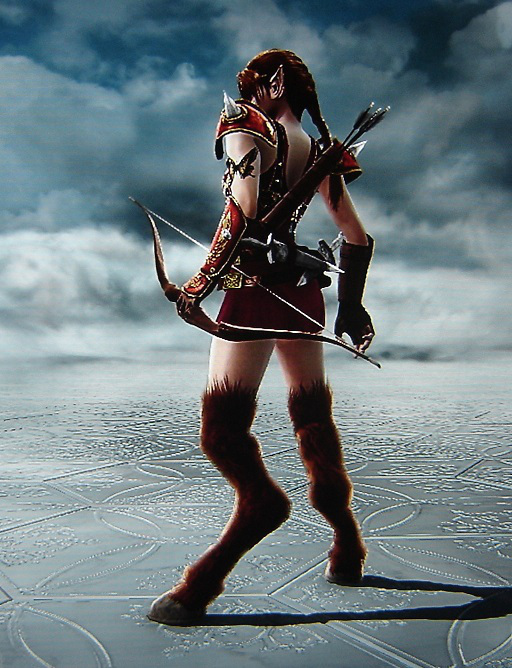Man, let me tell you about the absolute nightmare I dug myself into a few months back. I was buzzing, right? Building this massive world for a new campaign setting, and I thought, “The fun part is naming the heroes and the villains!” So, I just dove in. I had this idea for a High Elf captain, a stoic Dwarf warrior, and a sneaky Goblin rogue. Easy peasy. I just started throwing names at the wall and seeing what stuck. I wanted cool, epic, memorable names.

I grabbed a few lists off the internet—some vaguely Celtic stuff, some cool-sounding Germanic roots, tossed in a few extra vowels, and bam! Names were everywhere. The Dwarf ended up being called ‘Aetherion.’ Seriously. A Dwarf named Aetherion. It sounded like a cheap knock-off air freshener, not a guy who spent his life swinging an axe in a mine. My Elves sounded like they came from a cheap budget motel, and the humans? They were indistinguishable from the Orcs. I had fifty characters, and zero consistency. It was a stylistic train wreck. I wasted a full week just slapping names onto character sheets before I had to stop and scrap the lot.
Scrapping the List and Mapping Out Racial DNA
I finally hit the brakes. This wasn’t working. The core mistake, which I finally saw staring me in the face, was trying to name the character first instead of nailing down the race’s linguistic profile. If you don’t know how a race speaks, how can you know what they name their kids? Simple stuff, but I missed it completely because I got too excited about finding “the perfect name” in isolation.
So, I started over. I took my four core fantasy races—Dwarves, Elves (Split into High and Wood), Orcs, and Humans—and gave each one a mandatory phonetic style guide. I didn’t get fancy; I just borrowed existing earthly language concepts and applied heavy filters. This wasn’t about creating a whole new language; it was about defining the specific sounds that make up their culture’s naming tradition.
- Dwarves: Must sound grounded and tough. I mandated heavy use of hard consonants (K, G, R, Z). Short vowels only. The rhythm of the name had to be chunky. If you said the name, it should feel like you hit something solid. Names like Grozak, Keldrun, Thrazgor. No flowery rubbish was allowed, ever.
- High Elves: Flow and lyricism are key. I insisted on lots of Ls, Vs, and soft consonants (S, Sh). Names must feel ancient and slightly over-pronounced. Two or three syllables minimum, often ending in a vowel sound to let it hang in the air. Valenor, Sylvarius, Elenoriel. The sounds needed to slide off the tongue.
- Orcs: Utilitarian and harsh. Names must sound like they were shouted during a bar brawl. Single syllables or compound words jammed together, reflecting their pragmatic and violent culture. Griz, Mogash, Urk-Drak. I tested these names by shouting them at my dog. If he flinched, it was a good Orc name.
- Humans: Flexibility, but defined by region. They are the melting pot, so their names need to reflect who they trade with or conquer. If they live near Dwarves, their names borrow some ‘K’ and ‘G’ sounds, maybe Dargan or Krak. If they trade with Elves, maybe a few soft ‘L’s slip in, like Lyraen. This is how you show cultural mixing without losing the core identity of the human settlement.
I grabbed my character sheets and went down the line, applying these rules like a very strict census taker. My poor Dwarf, ‘Aetherion,’ immediately got booted. He became ‘Kragor Stonebeard.’ It fits the sound profile, it tells you exactly what kind of guy he is—a rough, grounded guy—and it feels consistent with every other Dwarf I named using that template. My High Elf, who was ‘Thrud,’ became ‘Lysandriel.’ Massive difference.
What I realized is that locking down the racial sound palette frees you up immensely. You stop searching the whole damn dictionary for inspiration and start playing within a defined sandbox. It’s like drawing with limits—it forces creativity because you have to make those specific sounds work, instead of letting your character sound like they wandered in from another movie entirely.

The Big Takeaway: Consistency is World-Building Glue
This whole process was painful, mostly because I had to undo my initial lazy effort. But once I committed to the structure, the payoff was huge. The world started making sense on a subconscious level. When a player hears the name ‘Valenor,’ they instantly register ‘Elf’ because the cadence and phonetics match every other Elven name they’ve heard in the setting. When they hear ‘Groruk,’ they immediately think ‘Orc,’ even if they’ve never met Groruk before.
If you don’t do this, you create noise. Imagine naming two brothers in the same human village, one called “Tom” and the other called “Zylantharion.” It breaks the immersion instantly, right? That character ‘Zylantharion’ is either secretly a lost High Elf prince, or his parents were just massive weirdos who read too many scrolls. Either way, it demands an explanation, and your simple name choice has derailed the focus of your actual story.
The lesson I learned, and what I practice religiously now, is simple: Don’t choose a name because it sounds cool in isolation. Choose a name because it sounds like it belongs to that specific culture, molded by that specific racial history, and spoken with that specific phonetic palette. Get the race right first, and the name practically writes itself. It stops being a creative hurdle and starts being a mechanical step in the world-building process. It sounds boring, maybe, but trust me, your future self—the one who doesn’t have to rename forty characters—will thank you big time.
Now, if you’ll excuse me, I’m wrestling with the proper double-vowel usage for my Gnomish merchant guild. It’s complicated, but at least I know which consonant clusters are strictly forbidden!
